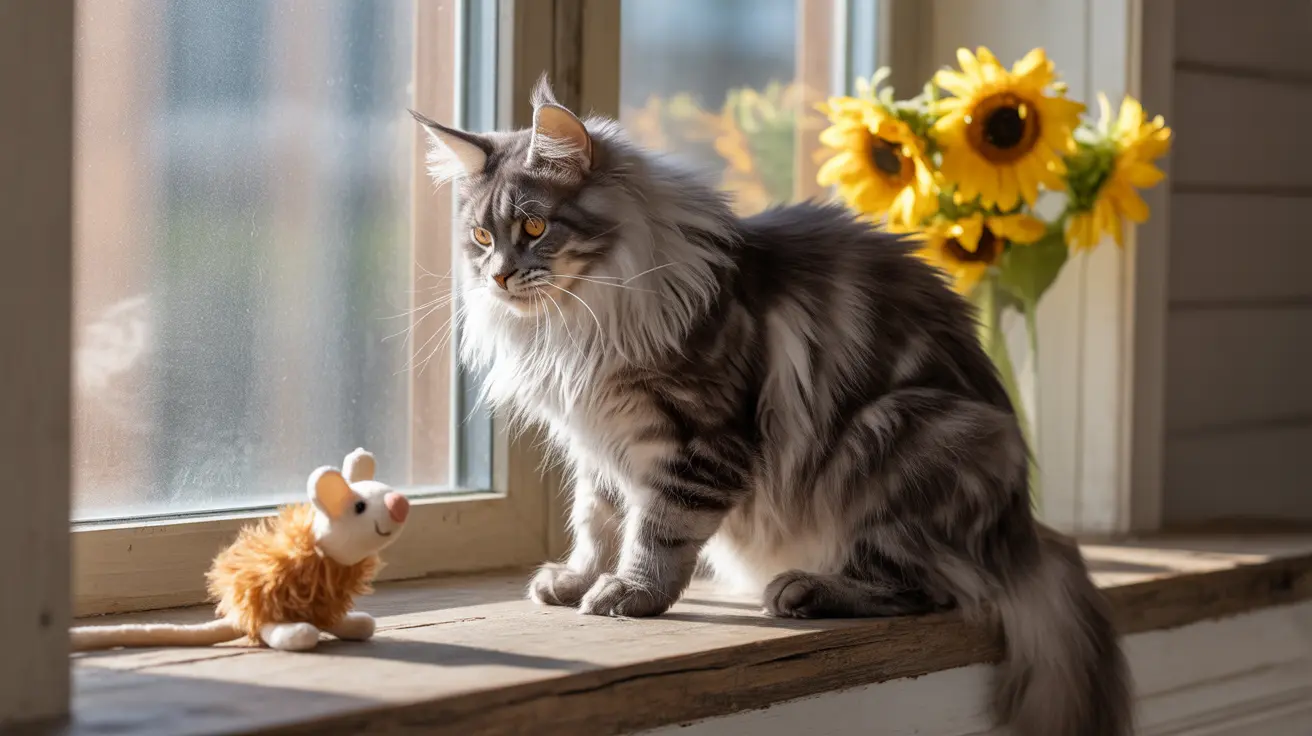The Truth About Feline Emotions
Cats are complex creatures capable of experiencing basic emotions like fear, joy, and anxiety. However, they lack the sophisticated cognitive ability required for holding grudges, which involves complex emotions like resentment and the desire for revenge. What we interpret as grudge-holding is actually a natural survival response based on learned associations.
When cats experience something unpleasant, they form what behavioral experts call "negative associations." These associations help them avoid potential threats or dangerous situations in the future - a crucial survival mechanism that has evolved over thousands of years.
Understanding Your Cat's Memory System
Cats possess remarkable memory capabilities, particularly when it comes to experiences that affect their safety and well-being. Their memory system works differently from humans in several key ways:
- Short-term memory for immediate survival
- Long-term associative memory for learned experiences
- Strong emotional memory tied to sensory inputs
- Situational memory linked to territory and routine
Duration of Changed Behavior
After a negative experience, cats typically display altered behavior for varying periods:
- Minor incidents: A few hours to 24 hours
- Moderate stress: 1-3 days
- Significant trauma: Several weeks or longer
- Severe or repeated trauma: Potentially permanent behavioral changes
Signs of Stress vs. "Grudges"
What many interpret as grudge-holding behavior is actually stress response. Common signs include:
- Hiding or avoiding certain areas
- Changes in eating or litterbox habits
- Excessive grooming or lack of grooming
- Increased vocalization
- Flattened ears or dilated pupils
- Tail positioning changes
- Altered sleep patterns
How to Help Your Cat Recover from Negative Experiences
Instead of assuming your cat is holding a grudge, focus on helping them rebuild positive associations:
- Give them space and time to decompress
- Maintain regular feeding schedules
- Offer favorite treats and toys
- Use gentle, non-threatening body language
- Create safe spaces for retreat
- Keep consistent daily routines
Frequently Asked Questions
How long do cats typically avoid someone or something after a stressful event?
Most cats will avoid a stressor for anywhere from a few hours to several days. For minor incidents, normal behavior usually returns within 24-48 hours. However, if the experience was particularly traumatic, avoidance behavior might persist for weeks or longer.
Why does my cat seem distant or avoid me after I accidentally hurt them?
This behavior is a protective response rather than a grudge. Your cat has temporarily associated you with discomfort and is maintaining distance until they feel safe again. This usually resolves within a day or two with normal, gentle interaction.
Can cats actually hold grudges or feel resentment like humans do?
No, cats cannot hold grudges in the human sense. They lack the cognitive complexity required for feelings like resentment or revenge. Their behavioral changes are based on protective instincts and learned associations rather than emotional grudges.
How can I help my cat overcome fear or stress caused by negative experiences?
Create positive associations through gentle interaction, treats, and favorite activities. Maintain routine, provide safe spaces, and never force interaction. Let your cat set the pace for renewed contact and trust-building.
What signs indicate that my cat is stressed rather than "holding a grudge"?
Look for physical signs like dilated pupils, flattened ears, tail positioning changes, and behavioral changes such as hiding, changes in appetite, or litterbox issues. These indicate stress rather than deliberate grudge-holding behavior.
Conclusion
While cats don't hold grudges in the human sense, they do form strong associations based on their experiences. Understanding this difference helps us better support our feline friends through stressful situations and maintain strong, positive relationships with them. Remember, patience and consistency are key to helping your cat feel safe and secure again after any negative experience.






